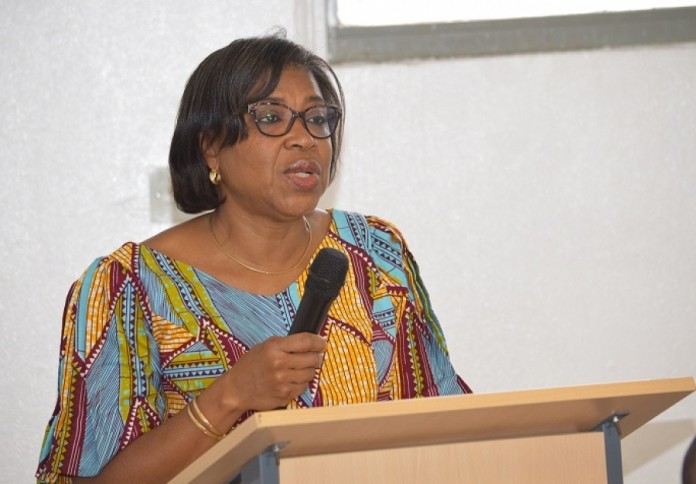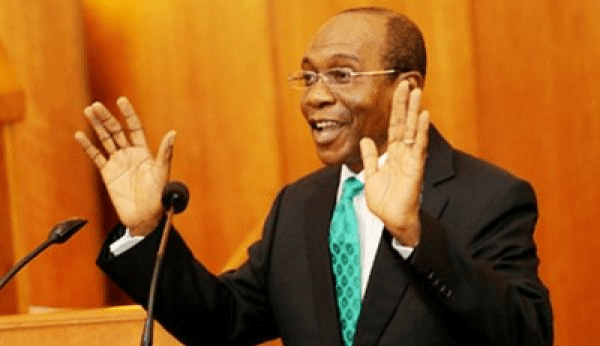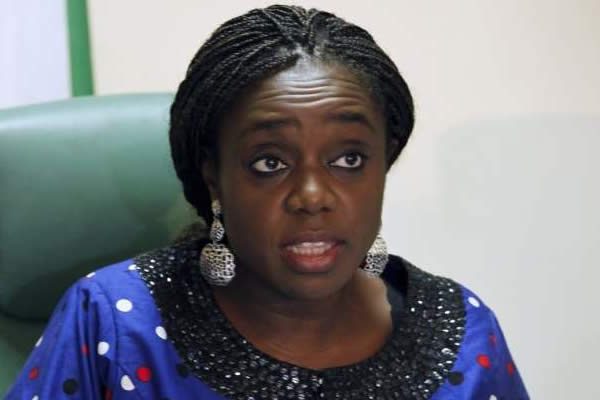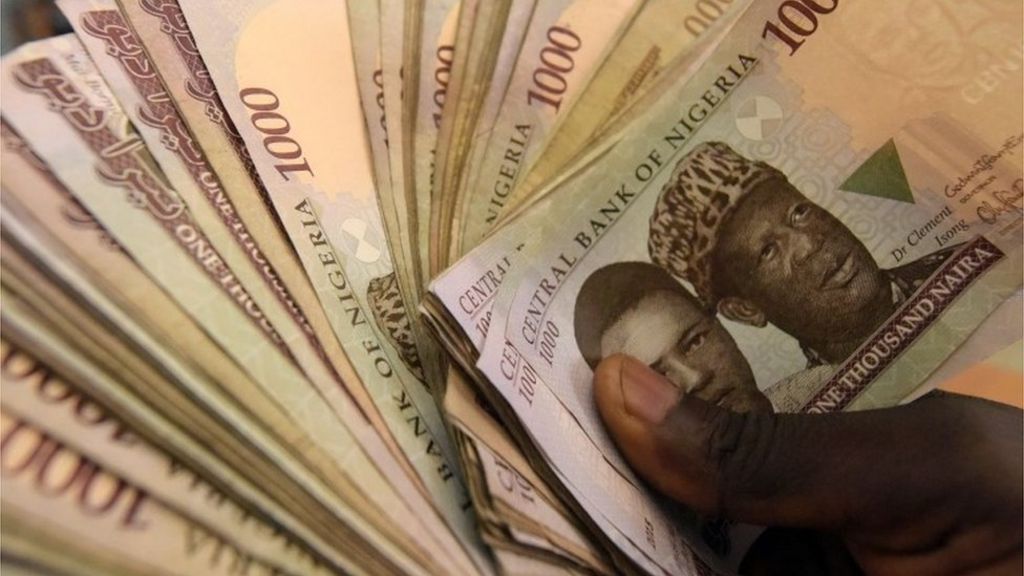Britain's biggest family has grown again after Sue Radford gave birth to her twentieth baby - but promised this is her last child.
Mrs Radford, 42, has welcomed her 11th son Archie on Monday after an hour's labour but her husband Noel, 46, revealed he still won't get a vasectomy.

The grandmother said she is happy to stop on a 'nice even number' after she held her 8lb 6oz son in her arms at the Royal Lancaster Infirmary.
She wrote online: 'We are so thrilled to announce our precious new addition has arrived. We'd like you all to meet Archie Rowan Radford.'
The couple, from Morecambe, Lancashire, first met when Sue was just seven years old.
They had their first child, Chris, 28 years ago, when Sue was aged only 14. The couple decided to keep the baby as they were both given up for adoption at birth.
The couple then moved into their first home together and got married. Shortly afterwards they welcomed their second child, Sophie when Sue was 17.
They have gone on to have 18 more children but insisted Archie would be their last.
Mrs Radford told The Sun: 'I'm just chuffed he is here safe and sound. It's strange knowing you're not going to have anymore.'
Her husband, who runs a pie company, added: 'It was going to end at some point. We both think this is it. I feel sad in a way but now we can get on and enjoy the kids.'
On their website they said: 'Never did we imagine that when we had Chris all those years ago that we would go onto be blessed with 19 more wonderful children.
'In the Radford house life is busy, hard work and a little bit crazy but we absolutely wouldn't have it any other way.'
The pair announced earlier in March that they are expecting a new addition to their mammoth family tree by posting an ultrasound picture on social media.
They posted a picture online and wrote: 'Boys - 10, Girls - 9 and BABY makes it 20. Arriving Sept 2017.'
Just over a year ago, on July 24, they welcomed baby number 19, Phoebe, and well-wishers sent the couple messages to congratulate them.
Their new son joins Chris, 28, Sophie, 23, Chloe, 22, Jack, 20, Daniel, 18, Luke and Millie 16, Katie, 14, James, 13, Ellie, 12, Aimee, 11, Josh, 10, Max, eight, Tillie, seven, Oscar, five, Casper, four, Hallie, two, and Phoebe, 13 months.
They became grandparents when their daughter Sophie gave birth and she has gone on to have three children.
The family now live in a large £240,000 Victorian house, a former care home, that they bought 11 years ago and they pride themselves on having no credit cards or finance agreements. They also enjoy a holiday abroad every year.
They spend £300 a week on food shopping, with 18 pints of milk, three litres of juice and three boxes of cereal being consumed every day.
When it comes to celebrating their children's birthdays they have a budget of £100 for presents, while at Christmas they set aside between £100 to £250.
Her husband had a vasectomy during his wife's ninth pregnancy but had it reversed when they decided to have more children.
In 2013, the couple starred in the Channel 4 show, 16 Kids and Counting and were filmed in their ten-bedroom home.
The following year, Mrs Radford - who does not receive state handouts apart from child benefit, lost a boy, called Alfie, when she was 23 weeks' pregnant.









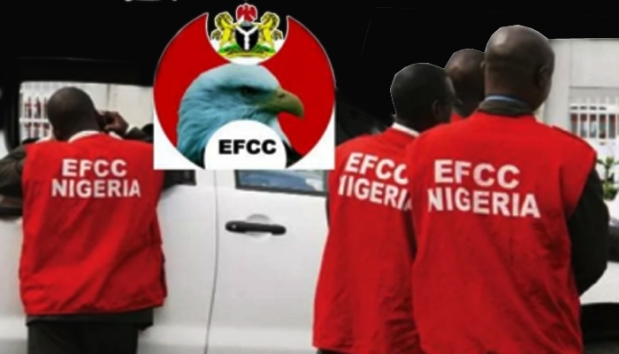

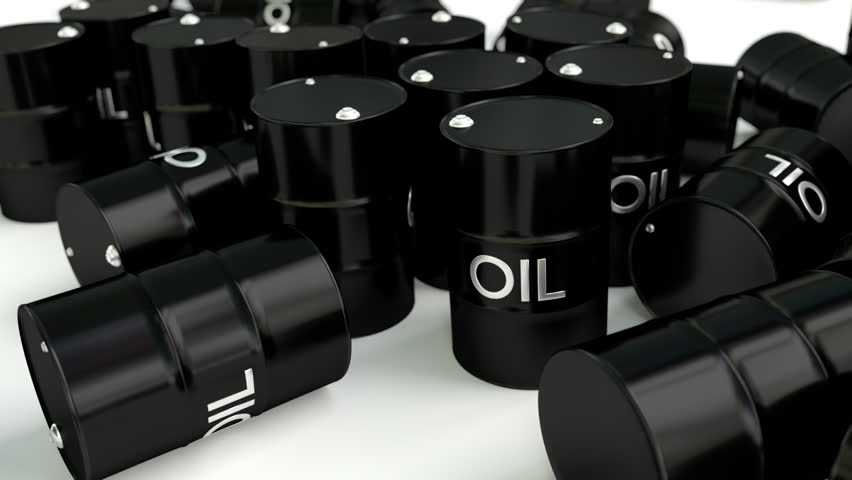)

